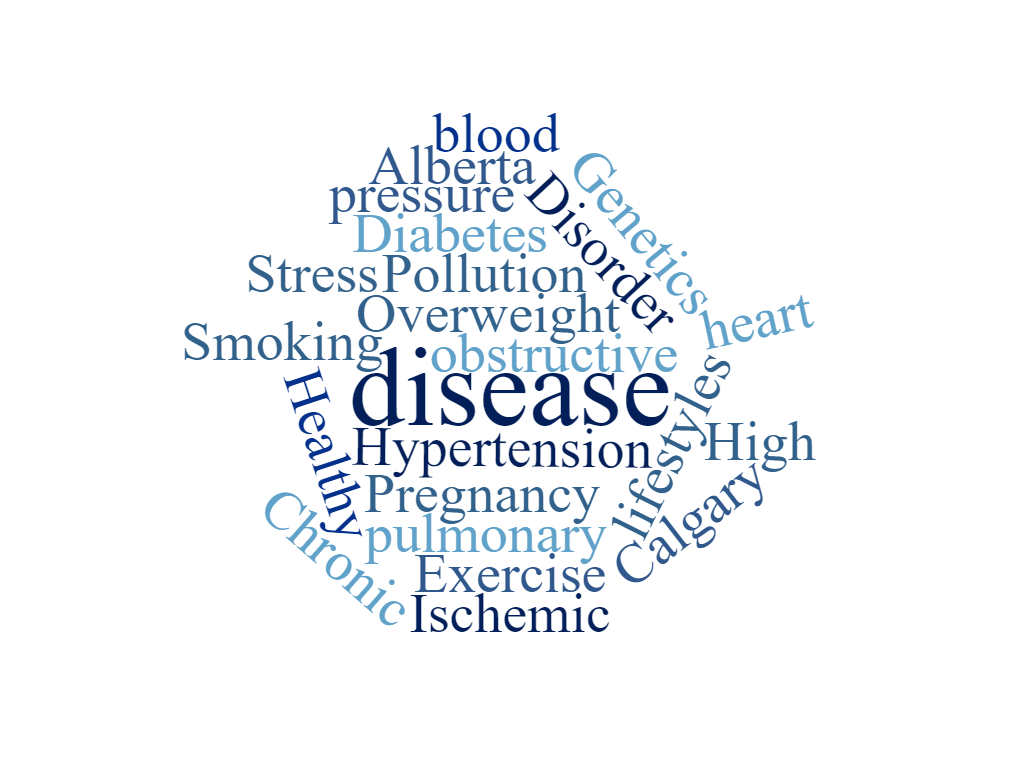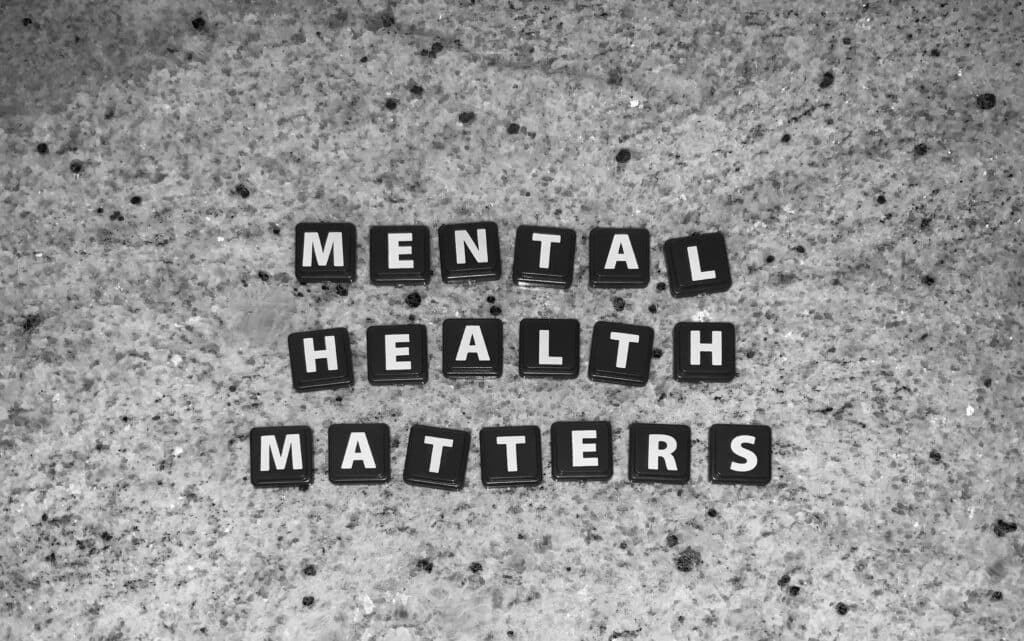Highlights:
– Hypothyroidism is a condition that affects the thyroid gland and results in a less active (lazy) thyroid.
– The thyroid gland produces thyroid hormone, which is essential for the body to function properly.
– Hypothyroidism is a common condition, and it is estimated that up to 10% of the population in Canada may be affected by it.
– The symptoms of hypothyroidism can be mild or severe and affect different body parts.
– If you are experiencing any of the symptoms of hypothyroidism, it is important to see a doctor and get diagnosed.
– Hypothyroidism can be treated with commercially available, compounded medications, and most people with the condition can lead a normal, healthy life.
Hypothyroidism is a condition that is fairly common in Canada. It is estimated that around 10% of the population has some form of the disorder. It is most often diagnosed in women and is more common as people age.
Hypothyroidism is a condition that is caused by a lazy or sub-performing thyroid gland. The role of the thyroid gland in the human body is to manufacture and secrete the hormones that control the body’s metabolism. When the thyroid gland is not working properly, it can cause a wide range of symptoms, including weight gain, fatigue, and depression. Hypothyroidism is a relatively common condition. It is estimated that about 1 in 20 people in Canada are affected by it.
1. How do you know if you have hypothyroidism?
There are a few key symptoms of hypothyroidism that you can look out for. If you have a low body temperature, are gaining weight easily, feel tired and sluggish all the time, or have dry skin and hair, you may have an underactive thyroid. It’s important to see a doctor if you’re experiencing any of these symptoms, as they can also indicate other health problems.
2. What are the symptoms of hypothyroidism?
The most common symptoms of hypothyroidism are:
- Fatigue
- Weight gain
- Coarse and dry hair
- Dry skin
- Poor circulation
- Puffy face
- Hoarseness
- Depression
- Memory problems
If you experience any of these symptoms, see your doctor and ask for a thyroid test.
3. What are the risks of hypothyroidism?
There are a few risks associated with hypothyroidism. The first is that you may not be getting the right amount of thyroid hormone. This can lead to several problems, such as weight gain, fatigue, hair loss, cold intolerance and depression. Second, if hypothyroidism is left untreated, it can increase the risk of heart disease and osteoporosis. Finally, hypothyroidism can also lead to infertility.
4. How is hypothyroidism treated?
The most common treatment for hypothyroidism is levothyroxine, a medication that replaces the hormone thyroxine. However, many people with hypothyroidism do not respond well to levothyroxine and require a higher dose to achieve the desired effect. For these people, a compounding pharmacy can create a custom medication that contains a combination of levothyroxine and T3, the active form of thyroid hormone. This combination medication is called compounded levothyroxine/T3 and is available only from a compounding pharmacy.
If you are struggling to control your hypothyroidism with levothyroxine, ask your doctor if a compounded levothyroxine/T3 medication might be a better option for you.
5. Are there any natural treatments for hypothyroidism?
To a certain extent, yes; however, you should consult with your physician first. One is to take compounded medication that draws its thyroid hormones from an animal source, not a synthetic one. That medication is customized specifically for you by a compounding pharmacy. This can be done to accommodate any allergies you may have or to make the medication more absorbable. It is noteworthy that the animal thyroid hormone is not commercially available in Canada. Although this is not a 100% natural treatment, it still decreases the presence of the synthetic thyroid hormone.
A pure natural treatment is to increase your intake of iodine-rich foods, such as seaweed and iodized salt (take care and consult with a physician first if you have high blood pressure). You can also take supplements such as tyrosine and selenium to help support thyroid function.
6. What is the prognosis for hypothyroidism?
The prognosis for hypothyroidism depends on the cause and severity of the condition. Some people with mild hypothyroidism may only need to take a thyroid hormone supplement to feel better, while others may require more intensive treatment, such as thyroid hormone replacement therapy or steroids.

If left untreated, hypothyroidism can lead to a number of health complications, such as heart disease, infertility, and osteoporosis. However, most people with hypothyroidism can lead healthy, active lives with proper treatment.
7. What is the long-term outlook for people with hypothyroidism in Canada?
The long-term outlook for people with hypothyroidism in Canada is good. While the condition cannot be cured, it can be managed with medication and lifestyle changes. Most people with hypothyroidism feel better once they are properly treated and can live healthy, active lives.
8. How can I prevent hypothyroidism?
There are many ways that you can prevent hypothyroidism. One of the most important is to eat a healthy diet. Make sure to include plenty of fruits, vegetables, and whole grains in your diet.
You should also make sure to eat plenty of protein and healthy fats. Another important way to prevent hypothyroidism is to get regular exercise. Exercise helps to keep your body healthy and functioning properly.
Finally, make sure to get enough sleep. Lack of sleep can cause your body to produce less thyroid hormone.
9. What is the cost of treatment for hypothyroidism?
The cost of treatment for hypothyroidism can vary depending on the severity of the condition and the methods used to treat it. In general, the cost of treatment for hypothyroidism will likely be more expensive if medication is required.
10. Can hypothyroidism be cured?
There is no cure for hypothyroidism, but it can be treated with medication. Thyroid hormone replacement therapy is the most common treatment for hypothyroidism. This involves taking a medication that replaces the hormones that are produced by the thyroid gland. With the right treatment, you can manage your hypothyroidism and live a healthy, happy life.
Thanks for reading this blog post. If you like it, please share it using the buttons below with your friends, family, and colleagues.



